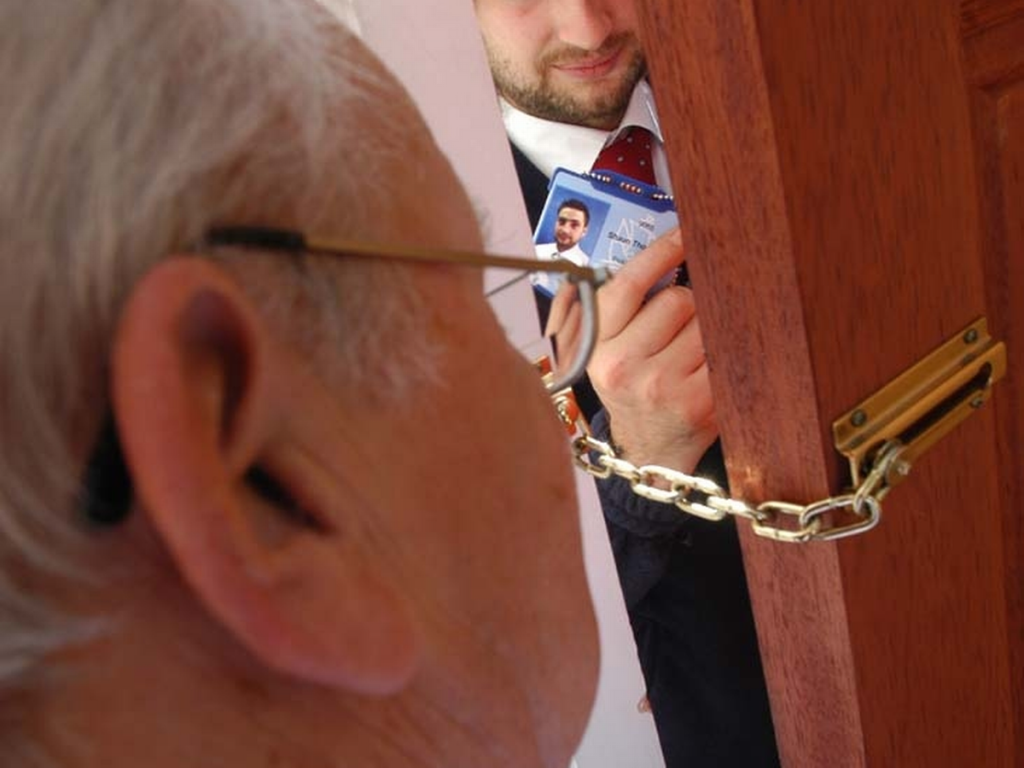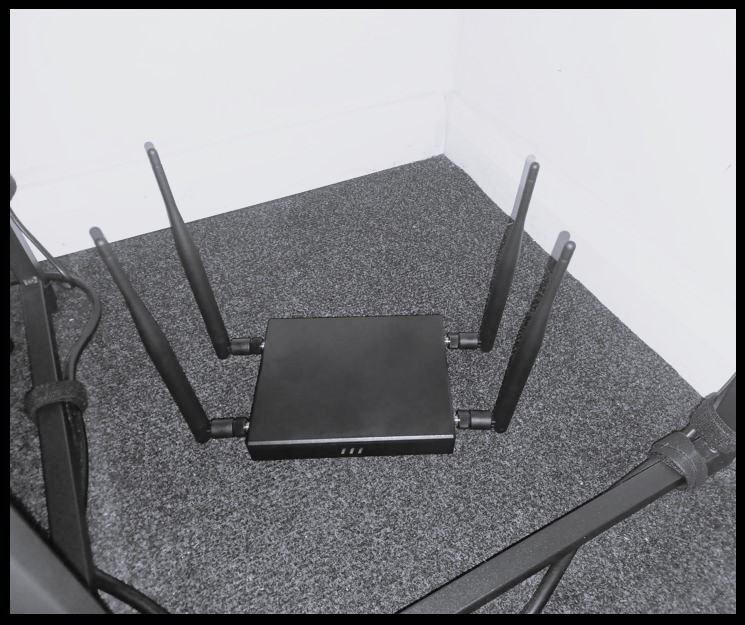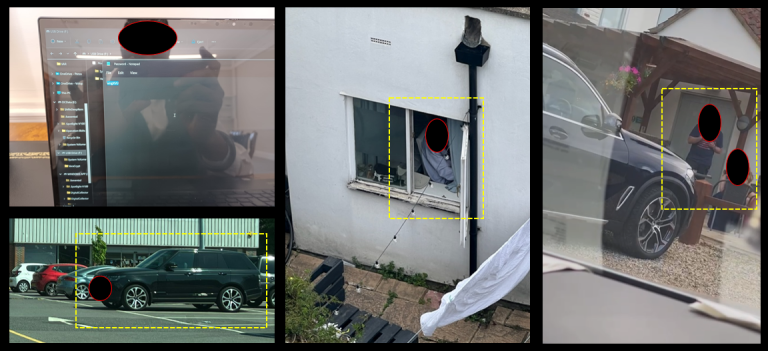In my previous life, I was a detective in central London and for a time, I was assigned to the Burglary Squad. A very traumatic crime was distraction burglary, also called burglary artifice. In my experience, criminals tend to target the vulnerable, especially the elderly who live alone. Here are my tips to help keep yourself and your loved ones safe.
What is distraction burglary?
Also known as ‘artifice burglary’, this is defined as: “Any crime where a falsehood, trick or distraction is used on an occupant of a dwelling to gain, or try to gain, access to the premises in order to commit burglary.” Victims tend to find that they have had money and/or valuables stolen and in many cases will only realise that they have been victims some time after the offence has actually been committed.
What are bogus callers?
Although the vast majority of people who call at your door will be legitimate, there have been incidents where bogus callers have successfully entered people’s homes under false pretences and stolen from them.
These criminals are often highly organised, work alone or in pairs, and operate under an array of guises, including:
- utility company personnel
- door-to-door sales people
- care workers and nurses
- builders and gardeners
- council staff
- police officers
What are legitimate callers?
In most cases legitimate callers will carry ID and relevant paperwork. Most will wait patiently and be willing to answer any questions about their visit.
It is also good practice among many organisations to ring and make an appointment beforehand rather than turn up at your doorstep unannounced.
How can I prevent distraction burglary?
1. When someone knocks at the door, stop and think:
- are you expecting anyone?
- if someone is claiming to be from a company remember to ask what it is they are there for.
- always ask for an ID or any associated paperwork – get them to pass these through the letterbox as at this point you should still have your door closed.
- if you have any doubt you should ring the company they say they are from independently. Never ring the number given by the caller but instead locate it from another source, e.g. phonebook or directory enquiries.
2. Take extra measures:
- ensure that your back door is always closed when answering the front door. Callers intent on gaining access to your property may be working in pairs – whilst one distracts you at your front door the other may be trying to enter your property via the back.
- never keep large sums of money in the house – use a bank or building society if possible.
- keep valuables and items of sentimental value where they are not easily accessible – the use of a small safe might be appropriate.
- keep documents containing personal details out of sight, e.g. passport, utility bills, bank statements etc.
- keep your keys in a safe place and not on display.
3. Call the police:
- if you are suspicious or feel that the caller may be bogus.
- if someone forces entry or enters your home without permission.
- if you notice valuables or money have gone missing shortly after someone has visited.
- whenever you think a crime has been, or is about to be, committed.
4. Speak to reliable contacts:
- Consumer direct – call 0845 04 05 06 for reputable traders in your area.
- Energy suppliers – call 0800 33 66 99 to set up a personal password system for gas and electricity staff to use when they call to your house.
- Water companies – contact them directly with the number on your bill.
NEVER FEEL UNCOMFORTABLE CHALLENGING SOMEONE – IF THEY ARE LEGITIMATE, THEY WILL UNDERSTAND!





